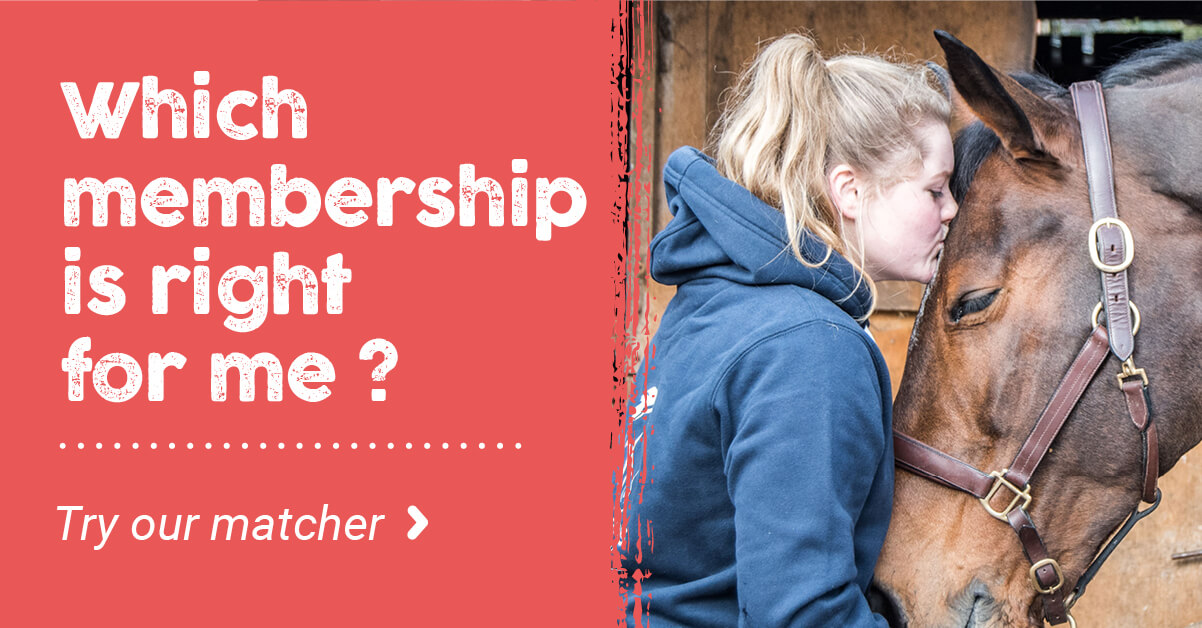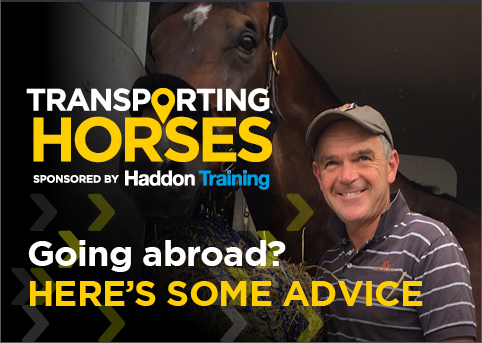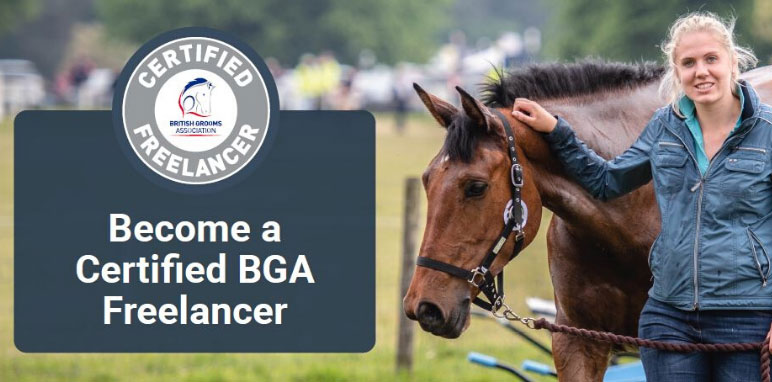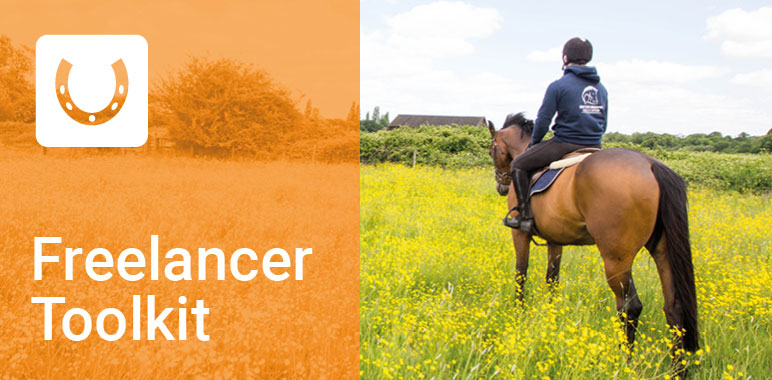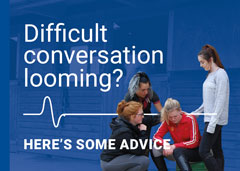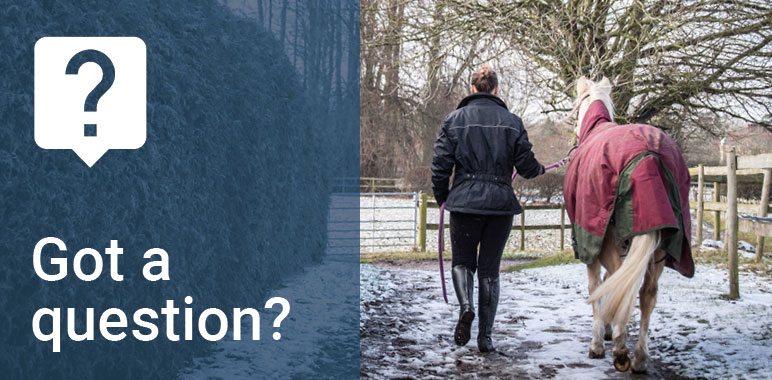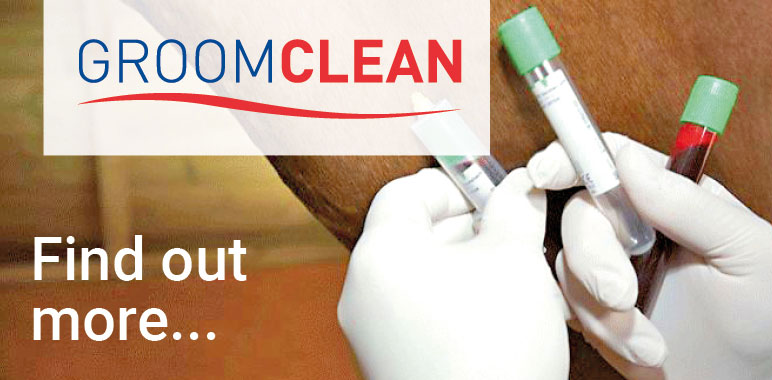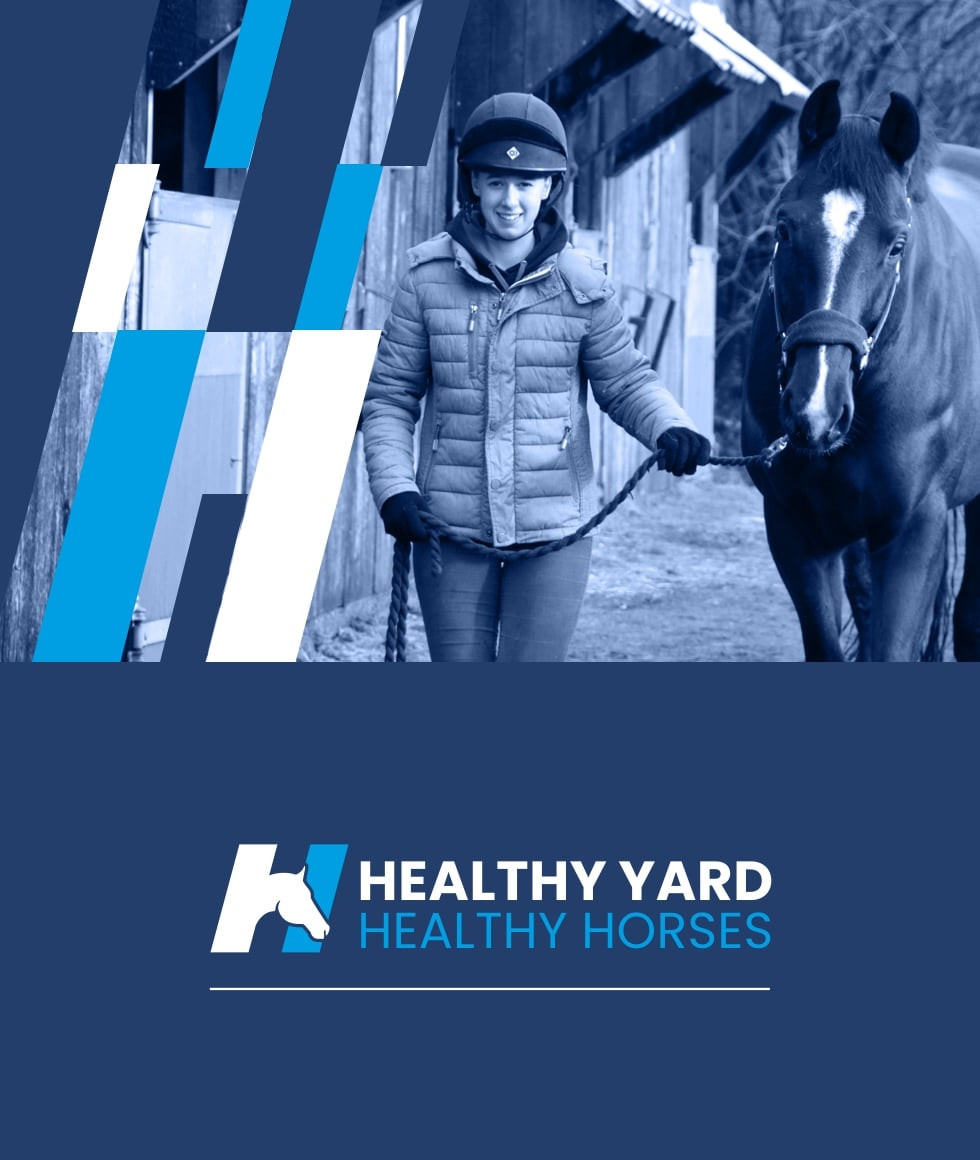- Join Now
- Login
- Member Zone
- Your Career
- Freelancing
- International Grooms Association
- BGA Training
- Healthy Yard Healthy Horses
- Transporting horses
- Brexit
- Safe workplace
- Student Zone
- Member Discounts
- BG Magazine
- Member services
- Training & Careers
- BGA CV Creator
- Horse groom training
- Where to Train
- BGA E Learning
- Career choices
- Change to Racing
- First Aid training for grooms
- Parents
- Grooms Jobs
- Grooms Life
- About
- News
- Contact

A fifth of freelance grooms are subject to false self-employment
24th January 2019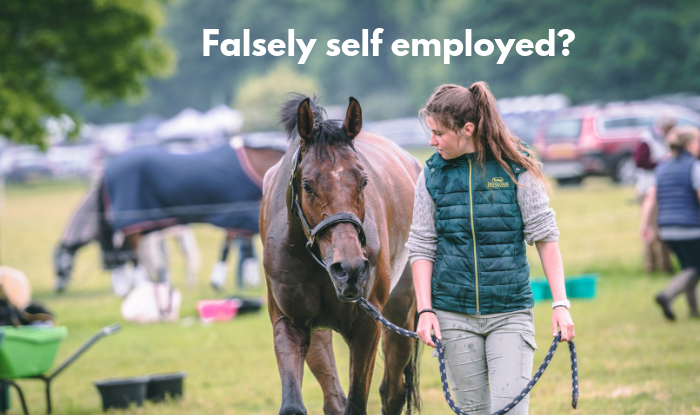
A recent survey, conducted by the British Grooms Association (BGA) revealed that a fifth of respondents are falsely told that they are self-employed.
The BGA’s Freelancer’s Survey explored the everyday practices of self-employed freelance grooms, giving the opportunity to compare their working practices, earnings and common challenges.
This survey found that nearly 20% of grooms who responded have been told that they are self-employed when they are actually employed.
Lucy Katan, Chief Executive of the BGA says, “This research indicates that there is still a disturbing practice occurring in the equestrian industry, whereby employers are telling some employed grooms that they are self-employed, which is an illegal practice and tax evasion.
Furthermore, grooms are also being denied their employment rights and benefits of being self-employed. In short, those who have been told that they are self-employed when they are not are suffering a double disadvantage. We would invite anyone who has been incorrectly told that they are self-employed to get in contact for advice.”
David Sorenson, Head of Employment Law at Morrish Solicitors LLP says, “False self-employment is where a person is offered work and carries out work on a false ‘self-employed’ basis when in reality that person is a ‘worker’ or ‘employee’.
By doing this, the ‘employer’ avoids paying tax and reduces its obligations. If a ‘worker’, the individual has a right to be paid at least the national minimum wage and holiday pay, for example; and if an ‘employee’ the individual has a right to better maternity rights, unfair dismissal and statutory redundancy rights, for example.
False self-employment can lead to questions about tax avoidance, difficulties for individuals to access employment rights and protections, as well as a real impact on state benefits if the individual cannot show they have ‘worker’ or ‘employee’ status because they have been falsely classed as self-employed”.
According to the UK government, a person is self-employed if ‘they run their business for themselves and take responsibility for its success or failure’[1]. Someone who is truly self-employed must be able to make decisions about their own affairs, such as the rates they choose to charge, hours that they will work and have more than one client.
The survey was open for 12 weeks in autumn 2018 and was specially targeted at freelancers who were invited to complete. On this occasion, employed grooms were asked to not complete.
Anyone affected by these issues can contact us.
The full survey report can be found at https://britishgrooms.org.uk/our-research.
Image credit to SEH Photography.
To find out which membership is right for you click here:
What the personal accident policy covers you for:
- Whilst at work
- All stable duties – mucking out, grooming, washing off, turning out
- Clipping
- Riding – including hacking and jumping
- Hunting
- Lunging
- Breaking in
- Holding horse for a vet and other procedures
- Travelling horses both in the UK and abroad
- Competing in line with your job including: jumping, dressage, eventing
- Injuries that may happen to you whilst you are teaching - but you must also be grooming as part of your duties and not be a sole instructor
What the personal accident policy doesn’t cover you for:
- Riding in a race, point to point or team chase
- Stunt Riding
- Accidents occurring whilst travelling to and from work
- Riding and competing your own horse (but you can upgrade when applying for membership to include this)
- Public Liability – this is a separate insurance policy - the Freelance Groom Liability Insurance
- Care Custody and Control – this is a separate policy - the Freelance Groom Liability Insurance
If you require additional cover then please contact KBIS directly.
| GROOM | RIDER | EMPLOYER | |
|
When you are working for other people you do most of the following; muck out, turn out/catch in, tack up, groom horses, exercise Horses (including hacking, jumping and schooling), in the care of your employer/client. |
|
|
|
| Predominantly ride horses for other people including schooling, exercising and competing. | NO |
YES |
YES |
| Provide grooming services for someone else either full time or on a freelance basis i.e. an employer or a client. | YES |
NO |
NO |
| Employ staff – have an employers liability policy in your name | NO | NO | YES |
| Buy and sell horses | NO | YES | YES |


